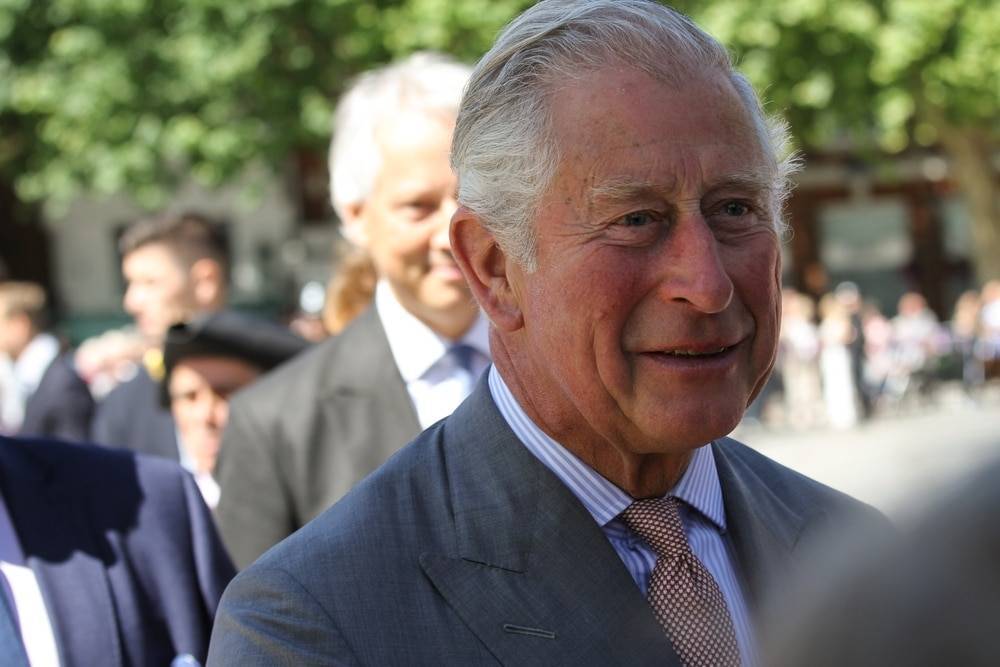King Charles III’s Cancer Diagnosis: A Royal Health Alert
Buckingham Palace has recently announced that King Charles III has been diagnosed with a form of cancer. This news comes after a hospital procedure for benign prostate enlargement, during which the cancer was detected.
King Charles Cancer Diagnosis and Treatment Plan
The specific type of cancer affecting King Charles III has not been disclosed. However, the King has commenced a schedule of treatments. Following medical advice, he will temporarily step back from public-facing duties. Despite these challenges, he remains optimistic about his treatment and is keen to resume his full public duties as soon as possible.
The Significance of Early Detection
The early detection of King Charles III’s cancer diagnosis, particularly during a procedure for another health issue, highlights a critical aspect of cancer management. Early detection is vital in the fight against cancer for several reasons:
- Improved Prognosis: Detecting cancer at an early stage often means the disease is still localised and hasn’t spread. This can significantly improve the chances of successful treatment and increase survival rates.
- Broader Treatment Options: Early detection usually offers a wider range of treatment possibilities. Patients may have access to less invasive treatments with fewer side effects and better quality of life outcomes.
- Cancer Awareness and Education: Such high-profile cases bring attention to the importance of regular health screenings and educate the public about the symptoms and risks associated with different types of cancer.
- Reducing Healthcare Burden: Early detection and treatment of cancer can reduce the treatment costs and healthcare burden. It often involves less complex medical interventions compared to treating advanced stages of cancer.
King Charles III’s experience serves as a powerful reminder of the importance of regular health check-ups and screenings, particularly for those at increased risk due to age, family history, or other factors.
By sharing his journey, King Charles III not only bravely faces his own health challenge but also contributes to a broader public discourse on health awareness and the critical importance of early cancer detection.
The Role of the Royal Family in Public Health Awareness
The British Royal Family has a long-standing tradition of engaging in public health initiatives and raising awareness about various health issues. This involvement has played a significant role in shaping public opinion and encouraging positive health practices.
- Osteoporosis Awareness: The late Queen was actively involved with the Royal Osteoporosis Society since 1994, influenced by her mother’s battle with the disease. She was instrumental in raising awareness about osteoporosis, participating in events and sharing personal messages to highlight the importance of early diagnosis and treatment of this condition.
- Mental Health Advocacy: The Duke and Duchess of Cambridge, along with Prince Harry, initiated the Heads Together campaign to tackle the stigma around mental health. This campaign, which gained significant public and media attention, aimed to change the conversation on mental health and provide support to those struggling with mental health issues.
- Support During the COVID-19 Pandemic: Members of the Royal Family played an active role in supporting the COVID-19 vaccine rollout. The Queen personally shared her vaccination experience to inspire others. The Prince of Wales and the Duchess of Cornwall visited healthcare facilities, where they met with volunteers and staff involved in the vaccine rollout, with the intention of boosting public confidence in the vaccine and recognizing the dedicated efforts of healthcare workers.
Through these and other initiatives, the Royal Family has demonstrated a strong commitment to public health issues. Their involvement often brings these issues into the limelight, encourages public discussion, and can lead to increased awareness and action on vital health matters. The current situation with King Charles III’s cancer diagnosis is likely to have a similar impact, bringing attention to cancer awareness and the importance of health screenings.
Moving Forward: Continuity and Support
As King Charles III undergoes treatment, the royal family and his medical team will provide essential support. His commitment to continue with state business and official paperwork highlights the resilience and sense of duty characteristic of the monarchy.
References
- A statement from Buckingham Palace. (n.d.). The Royal Family. https://www.royal.uk/a-statement-from-buckingham-palace-5Feb24
- The Queen’s work with Health Organisations. (n.d.). The Royal Family. https://www.royal.uk/the-queens-work-with-health-organisations#:~:text=The%20Queen’s%20has%20supported%20the,at%20the%20age%20of%2072.
- Heads Together | Join the conversation | Mental Health. (2022, September 27). Heads Together. https://www.headstogether.org.uk/
- The Royal Family thank those involved in the UK vaccine rollout. (n.d.). The Royal Family. https://www.royal.uk/royal-family-thank-those-involved-uk-vaccine-rollout

